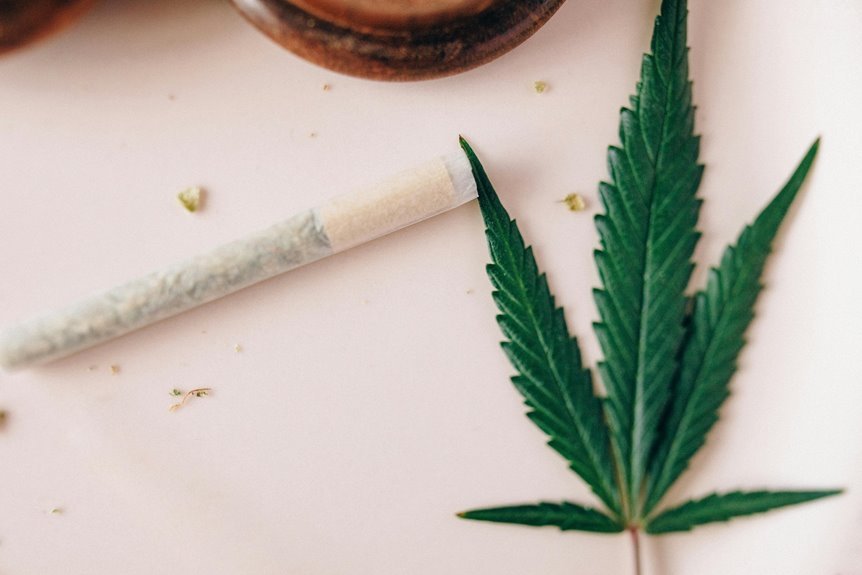What Is CBD Oil?

CBD oil is a natural extract from the cannabis plant, primarily derived from hemp varieties with low THC levels. It is recognized for its potential therapeutic properties, including pain relief and anxiety reduction. The methods used in its extraction can significantly affect its quality and efficacy. As more individuals explore its benefits, it is essential to understand its origins and production processes before considering its use. What implications do these factors have for consumers?
Understanding CBD and Its Sources
Cannabidiol, commonly known as CBD, is a naturally occurring compound found in the cannabis plant.
Its origins trace back to various hemp varieties, cultivated for their low THC content and high CBD levels.
These hemp strains have been selectively bred to maximize therapeutic potential, providing a diverse source of CBD.
Understanding these origins helps consumers make informed choices about their CBD products.
How CBD Oil Is Made
To produce CBD oil, the extraction process begins with harvesting the hemp plant, which is typically done at peak maturity to ensure optimal cannabinoid levels.
Various extraction methods, such as CO2, ethanol, and oil extraction, are employed to isolate CBD from the plant material.
Each method influences the purity and quality of the final product, significantly impacting the overall production process and its effectiveness.
Potential Benefits of CBD Oil
The extraction of CBD oil from the hemp plant has garnered attention not only for its production methods but also for its potential health benefits.
Research suggests that CBD oil may provide pain relief by interacting with the body's endocannabinoid system.
Additionally, it has shown promise in anxiety reduction, offering a natural alternative for those seeking to manage stress and enhance overall well-being.
Considerations Before Using CBD Oil
Before using CBD oil, individuals should carefully consider several important factors to ensure safe and effective use.
It is essential to understand dosage guidelines and adhere to them to avoid adverse effects.
Additionally, one must be aware of the varying legal regulations surrounding CBD oil in their region.
Thorough research and consultation with a healthcare professional can facilitate informed decision-making.
Conclusion
In the evolving landscape of wellness, CBD oil stands as both a promising remedy and a subject of scrutiny. While many tout its potential benefits for pain relief and anxiety reduction, others remain cautious of its origins and production methods. This juxtaposition highlights the need for informed consumer choices. As interest continues to surge, understanding the complexities of CBD oil—from its extraction processes to its therapeutic claims—remains essential for anyone considering its use in their health regimen.






